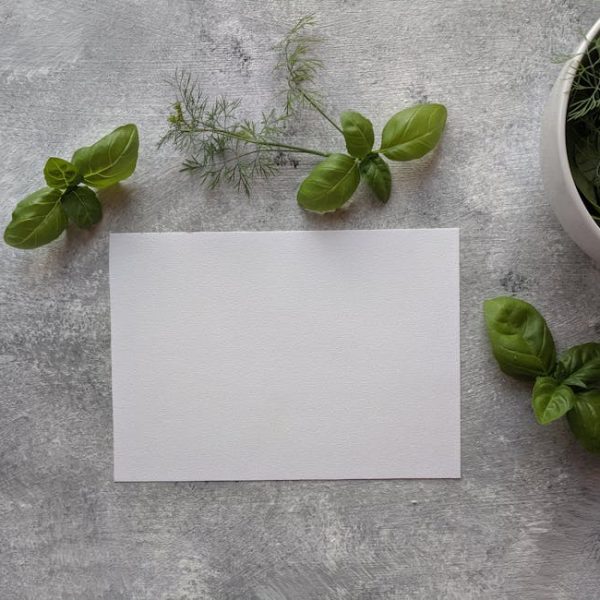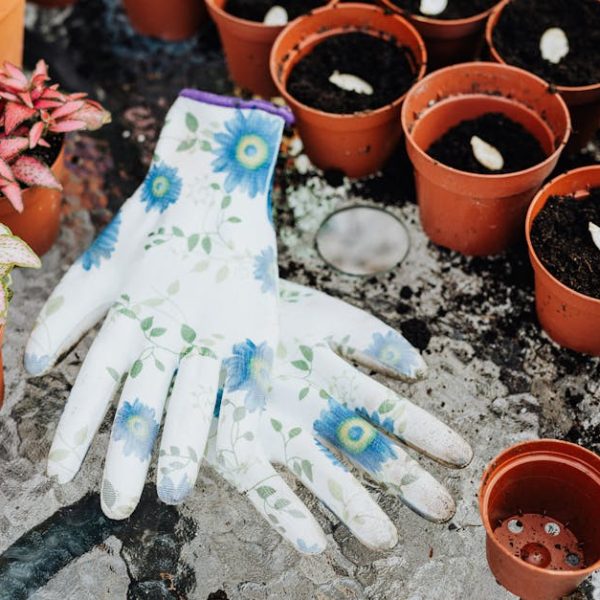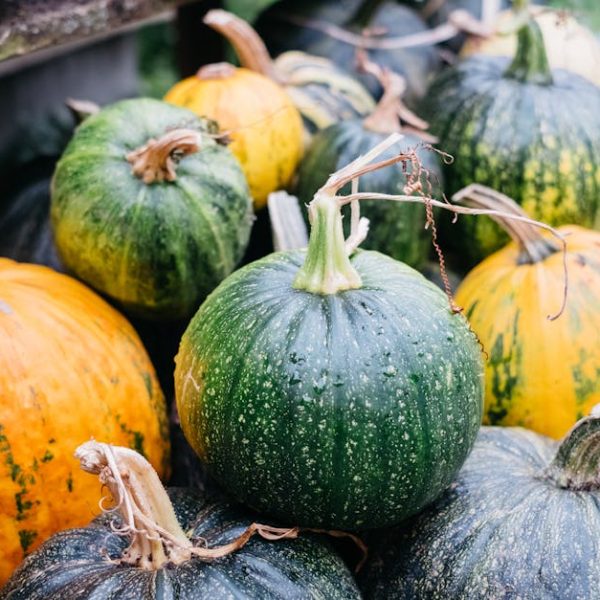Undeniably, tea bags can indeed benefit your compost. Adding tea bags to your compost pile contributes rich organic material, lends vital nutrients beneficial for plant growth, and assists in building robust soil health. However, one must consider components like tea bag materials, potential hazards, and composting strategies for optimal results.
Understanding the Composition of Tea Bags
Most tea bags you readily find in the market are a blend of tea leaves and a bag crafted from paper, silk, or plastic. These materials all break down at varying rates in a compost pile. For instance:
- Paper bags decompose rather rapidly, offering a quick and easy nutrient infusion to your compost.
- Silk bags decompose more slowly, but they offer a lasting nutrient infusion that can feed your garden’s needs for extended periods.
- Plastic bags, however, hardly decompose and may cause unnecessary harm to your compost pile and future plantings.
When composting tea bags, it becomes critical to discern the type of material your tea bags are made from. Here’s a comparative look at each material type:
| Material Type | Advantages | Disadvantages |
|---|---|---|
| Paper | Quick decomposition | May decompose to fast, nutrients are quickly released |
| Silk | Lasting nutrient release | Slow decomposition |
| Plastic | None | Does not decompose, harmful to compost |
The Environmental Impact of Composting Tea Bags
Adding tea bags to your compost pile offers a practical solution to reducing household waste, therefore contributing importantly to environmental sustainability. Composting tea bags, along with other organic material, can decrease the volume of waste destined for landfills, thereby reducing methane gas emissions, a potent greenhouse gas.
☑️ Pro tip: To maximize environmental benefits, ensure you remove any non-compostable components from the tea bag, such as the staple or string, before adding to your compost bin.
Best Practices for Composting Tea bags:
Do:
- Remove non-compostable materials from the tea bags, such as metal staples or synthetic threads.
- Cut or tear open the bags for quicker decomposition.
Don’t:
- Use tea bags made from plastic materials.
- Include bags with synthetic additives or flavorings that could introduce potential toxins into your compost.
Potential Hazards of Composting Tea Bags
While composting tea bags brings many environmental and composting advantages, certain hazards require attention. Some tea bags may contain harmful elements, for instance synthetic flavors, preservatives, and plastic fibers. These can potentially contaminate your compost pile and, subsequently, the plants you feed with the compost.
Checklist: Warning signs your composted tea bags might not be safe
- Tea bags are not decomposing: This could indicate the presence of plastic or other non-compostable materials.
- Unusual smell or color changes: These symptoms might suggest the presence of synthetic additives or toxins.
A note to the wise: always research the tea brands you consume and opt for the ones with compost-friendly materials to avoid hazards in your composting process.
Understanding the Nutritional Benefits of Composted Tea Bags
Tea leaves in tea bags, similar to coffee grounds, are rich in nitrogen making them an exceptional addition to your compost pile. Nitrogen is essential for the growth and development of plants, thus, incorporating tea bags into compost can help promote healthier plants.
Further, tea leaves also contain other beneficial components like potassium, calcium, and phosphorus, aside from trace elements beneficial for plant growth. These elements can enrich the soil and thereby enhance the growth and yield of your garden plants.
Infographic: Here is an overview of the nutrient profile added to compost by tea bags:
| Nutrient | Component |
|---|---|
| Nitrogen | Required for growth and development of plants |
| Potassium | Improves plant hardiness and disease resistance |
| Calcium | Necessary for cell division and growth |
| Phosphorus | Necessary for photosynthesis, supports flowering and fruiting |
Pro tip: To increase the nutritional benefits of composted tea bags, combine them with other nutrient-rich compost materials like fruit peels, vegetable scraps, eggshells, and coffee grounds.
Incorporating Tea Bags into Your Composting Routine
Adding tea bags to your compost bin is straightforward. Simply deposit your used tea bags into your compost pile or bin along with other organic waste. They can be mixed into existing compost or added to new compost. Remember, frequency of addition depends on the size of your compost pile and how quickly it decomposes.
It’s also worth noting that tea bags can be composted along with many other kitchen waste materials. Here are some that can be fruitfully combined with tea bags:
Fruit and vegetable peels
Bread and grains
☕️ Coffee grounds
Eggshells
Step-by-step guide: How to compost tea bags
- After brewing your tea, let the tea bag cool.
- Cut or tear open the tea bag to speed up decomposition.
- Remove non-compostable parts such as staples or synthetic string.
- Add the tea bag to your compost pile or bin.
- Combined with other kitchen wastes, turn your compost pile periodically for even decomposition.
By carefully selecting compost-friendly tea bags and combining them with other organic waste, you can effectively compost tea bags to enhance your compost pile’s nutritional profile, consequently supporting healthier and more robust plant growth. Be an eco and garden-friendly tea drinker today!
Key Takeaway:
- Tea bags, depending on their material, can contribute significantly to the composition and nutrient-richness of compost.
- Composting tea bags aids in reducing household waste and contributes to environmental sustainability.
- Depending on the tea brand and composition, tea bags could present potential hazards to the compost pile due to the presence of harmful components.
- Composted tea bags provide nitrogen, potassium, calcium, and phosphorus which support robust plant growth.
- Incorporating tea bags into a composting routine is straightforward and can be complemented with other organic waste materials.
Don’t shy from composting tea bags. It’s a remarkable method to enhance your compost’s quality, benefiting your garden, and playing your part in waste reduction. Select your tea bags wisely and make the most of your brew – right from sipping it to composting it.
FAQs
Q: Can I compost flavored tea bags?
A: While the tea leaves themselves may be compostable, flavored tea bags could contain synthetic additives that may not be favorable for compost. It’s best to check with the manufacturer.
Q: How long do tea bags take to decompose in compost?
A: The decomposition rate of tea bags varies with material type. Paper tea bags can decompose quickly, while silk ones may take longer. Plastic tea bags are not recommended for composting.
Q: Can I put tea bags in my worm bin compost?
A: Yes, worms in your compost bin will love tea bags. However, make sure you remove non-compostable parts like staples before adding them.
Q: Do I need to remove the tea bag before composting?
A: Yes, it’s recommended to cut or tear open the tea bag for quicker decomposition. Always take care to remove any non-compostable parts.
Q: Can all types of tea be composted?
A: Most types of tea leaves are compostable. However, it’s best to avoid composting tea bags from teas with synthetic flavors or additives.
Feel free to share this article with fellow garden enthusiasts and explore more posts to boost your gardening practices.






